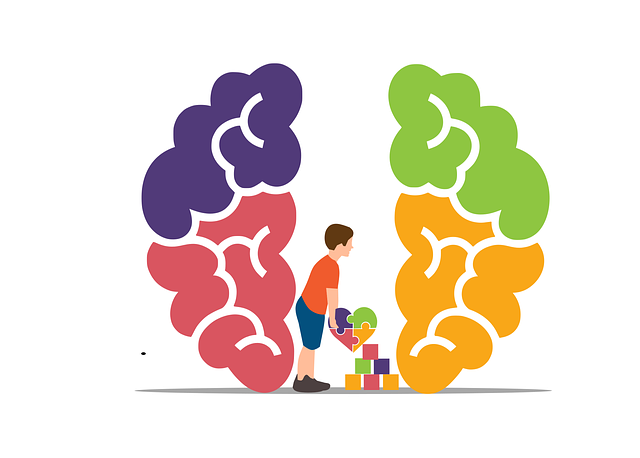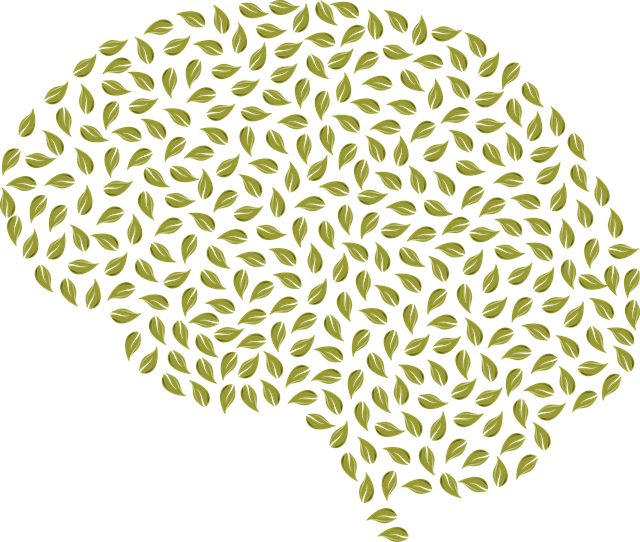Broomfield Biofeedback Therapy Approach prioritizes cultural sensitivity in healthcare, equipping providers with strategies to improve patient interactions and outcomes through inclusive environments that foster open dialogue among diverse patients. This innovative model combines effective communication, conflict resolution, and community outreach to enhance therapeutic experiences, improve health outcomes, and strengthen patient-provider relationships. Implementing such training programs enhances self-awareness, respects different perspectives, and drives data-informed Mental Health Policy Analysis for more equitable healthcare delivery.
Cultural competency training is an essential component of modern healthcare, ensuring providers can effectively serve diverse patient populations. This article explores the significance of cultural competence through the lens of the Broomfield Biofeedback Therapy Approach. We delve into why such training is crucial for healthcare providers and offer a practical guide on implementing and evaluating effective cultural competency programs. By understanding and embracing cultural differences, healthcare providers can improve patient outcomes and create more inclusive care environments.
- Understanding Cultural Competency in Healthcare: The Broomfield Biofeedback Therapy Approach
- Why is Cultural Competent Training Essential for Healthcare Providers?
- Implementing and Evaluating Effective Cultural Competency Programs: A Practical Guide
Understanding Cultural Competency in Healthcare: The Broomfield Biofeedback Therapy Approach

Cultural competency is an essential aspect of modern healthcare, ensuring providers can offer quality care that respects and understands diverse cultural backgrounds. The Broomfield Biofeedback Therapy Approach takes this a step further by providing a framework for improving patient interactions and outcomes through cultural sensitivity. This approach emphasizes the importance of cultural awareness in therapy sessions, encouraging healthcare providers to adapt their practices to meet the unique needs of each individual.
The Broomfield Biofeedback Therapy model incorporates effective communication strategies, conflict resolution techniques, and community outreach program implementation to bridge cultural gaps. By learning these skills, therapists can create a safe and supportive environment, fostering open dialogue and helping patients from various cultural contexts feel heard and understood. This approach not only enhances the therapeutic experience but also promotes better health outcomes and stronger patient-provider relationships.
Why is Cultural Competent Training Essential for Healthcare Providers?

Cultural competent training is essential for healthcare providers to ensure effective and equitable care for all patients, regardless of their cultural background or identity. In today’s diverse society, healthcare systems often serve individuals from various ethnic, racial, religious, and socio-economic groups. Broomfield Biofeedback Therapy recognizes that these differences can significantly impact how patients experience and perceive healthcare services.
Training in this area equips providers with the knowledge and skills to navigate complex cultural nuances, improve patient engagement, and foster a more inclusive environment. By learning effective communication strategies, understanding cultural beliefs and practices related to mental health, and incorporating stress management workshops designed for diverse audiences, healthcare providers can enhance their practice. This, in turn, leads to better patient outcomes, increased satisfaction, and stronger relationships between patients and their caregivers, ultimately reflecting the quality of care provided by Broomfield Biofeedback Therapy and similar organizations offering Mental Health Education Programs Design.
Implementing and Evaluating Effective Cultural Competency Programs: A Practical Guide

Implementing cultural competency training is a vital step for healthcare providers to offer effective care to a diverse range of patients. Broomfield Biofeedback Therapy, for instance, can greatly benefit from programs that foster understanding and appreciation of various cultural backgrounds. These initiatives should focus on enhancing self-awareness exercises among staff, ensuring they are equipped to recognize and respect different perspectives, beliefs, and communication styles. By integrating such practices, healthcare facilities can create an inclusive environment, improving patient satisfaction and outcomes.
Evaluation is a critical component of this process. Measuring the success of cultural competency programs involves assessing knowledge retention, attitude changes, and behavioral shifts among providers. Tools like surveys, focus groups, and case studies can be employed to gather feedback and identify areas for improvement. For instance, Depression Prevention initiatives within mental health services might be assessed through patient report outcomes and provider reflections on their interactions with diverse clients. This practical guide emphasizes the importance of ongoing evaluation, ensuring that Mental Health Policy Analysis and Advocacy efforts are informed by data, leading to more effective and equitable healthcare delivery.
Cultural competency training, as exemplified by the Broomfield Biofeedback Therapy approach, is no longer a choice but an essential requirement for healthcare providers. The ability to understand and respect diverse cultural backgrounds enhances patient care, improves communication, and fosters trust. By implementing effective programs outlined in this guide, healthcare organizations can create inclusive environments that promote equity and positively impact health outcomes for all patients.














